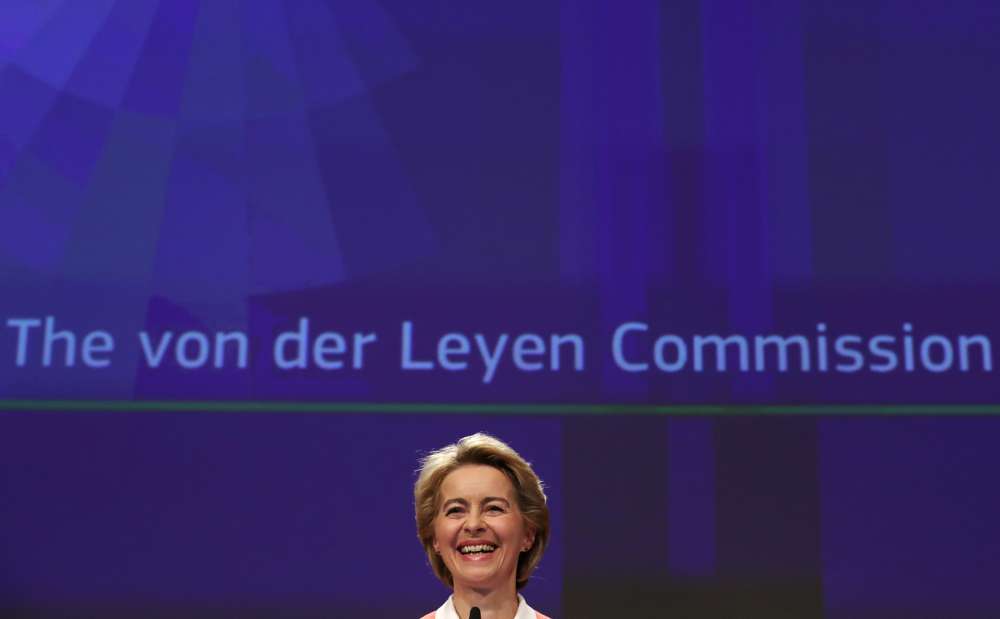The incoming European Commission is facing more headwinds than any of its predecessors before it takes office next month, amid concerns about possible conflicts of interest, corruption or financial irregularities among several commissioner candidates.
The turmoil could make the start of incoming Commission president Ursula von der Leyen’s five-year term even shakier after she scraped through a European Parliament approval vote with a wafer-thin majority in July.
The EU executive, which has the sole right to propose European laws and is the guardian of the bloc’s treaty, is comprised of one commissioner per member state, nominated by his or her government for the next five years.
But even before the European Parliament started hearings of the candidates this month, von der Leyen had to ask Hungary and Romania for new nominees because the assembly’s legal committee objected to financial statements and declarations of interest made by their initial candidates.
Questioned why there were no background checks of the two candidates before they made the team, Commission spokeswoman Mina Andreeva stressed that the appointments are a joint matter between national governments, the EU parliament and the incoming Commission president.
“We don’t have an internal CIA in the Commission that carries out a screening of every single candidate,” Andreeva said, noting that the law envisaged only a job interview, a declaration of interests and a parliamentary hearing.
The European Parliament in theory cannot reject individual candidates for commissioners but can only approve the new Commission line-up as a whole.
But in practice, it can force individual changes by threatening to withhold approval of the whole team, as in 2004 when it rejected Italy’s Rocco Buttiglione, whose conservative Catholic views on homosexuality and marriage offended many.
In 2009, Bulgaria’s initial candidate, Rumiana Jeleva, was forced to step down over her financial interests.
And in 2014, EU parliamentarians forced the then-incoming Commission President Jean-Claude Juncker to replace Slovenia’s commission candidate, Alenka Bratusek, seen as ill-qualified for the role, with Violeta Bulc.
Several other candidates in the von der Leyen team have faced or are still facing scrutiny over financial issues.
Poland’s candidate, Janusz Wojciechowski, earmarked for the agriculture portfolio, had to pay back more than 11,000 euros of improperly claimed travel expenses after an investigation by the EU’s anti-fraud office OLAF into his time as an EU lawmaker.
France’s candidate for the powerful internal market job, Sylvie Goulard, is still under investigation by OLAF for misuse of funds to employ assistants during her time as EU lawmaker. Goulard has already reimbursed the money to parliament.
Belgium’s Didier Reynders, nominated for the justice portfolio, is under a preliminary investigation over alleged corruption and money laundering in the Democratic Republic of Congo. Reynders denies any wrongdoing.
(Reuters)






